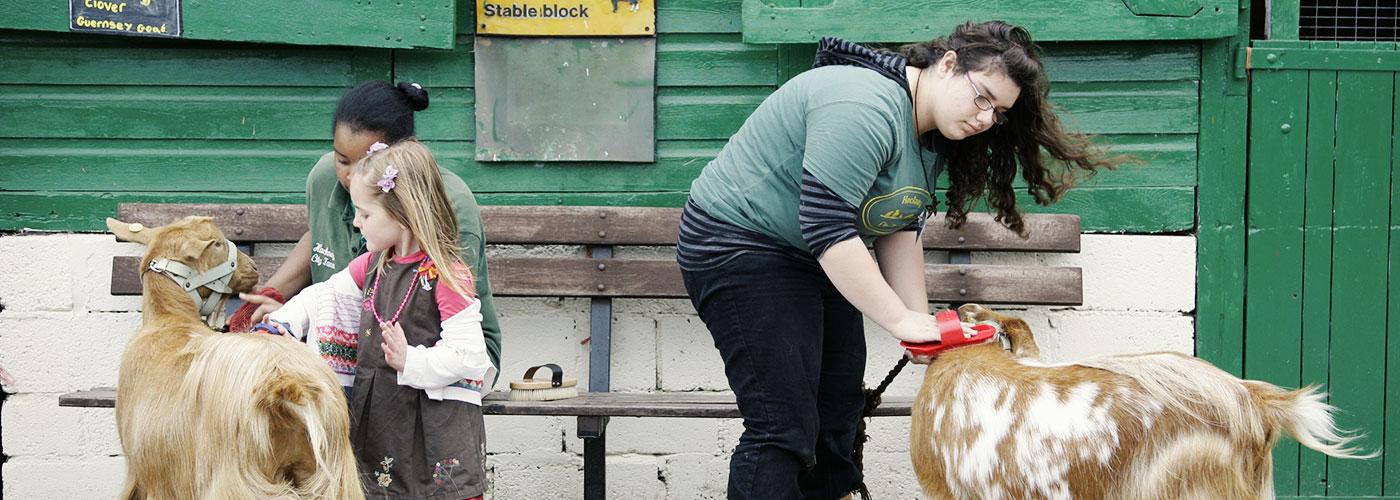Read our newly published blog in the Urban Agricultural Magazine today! In collaboration with the University of Kent, and as part of the FEW Meter programme, the blog examines how when the UK went into lockdown in March, many community gardens stepped up as emergency food providers. We discuss the huge mental and physical health benefits of gardening and make the case for how community gardens should be included in the national post-pandemic recovery plan.
"As the UK went into COVID-19 lockdown in March 2020, many community gardens in London stepped up as emergency food providers, despite unclear government advice on whether they could continue operating. Highlighting the flexible, community-centred approach of such gardens, as well as the mental and physical health benefits of gardening, this blog post makes the case for including community gardens in the national post-pandemic recovery plan.
In March 2020, as COVID-19 took hold in the UK and restrictions tightened, the public panicked and stripped supermarket shelves – firstly of non-perishable goods, then of fresh fruit and vegetables. In a social media appeal, a critical care nurse, after finding supermarket shelves empty at the end of a shift, pleaded with the public to stop the panic buying. A YouGov poll found that of the 8.1 million people in the UK facing food insecurity, 50% were unable to obtain the food they needed because of shortages in shops. All the major grocery chains adapted, introducing the rationing of certain products and queueing to allow for social distancing, and the situation started to calm.
However, those empty produce shelves suggested an opportunity for community gardens and farms to up their game, expand production, and distribute produce to those in need. But, paradoxically, just at the time their produce was needed, it was unclear whether ‘community’ gardens would be able to remain open."
We discuss how many community gardens were overwhelmed by the increased demand for veg boxes. How gardening, which saw an increase in uptake during lockdown, plays a vital role both in reducing mental health symptoms and in tackling obesity and how community gardens in London have demonstrated their niche role during the pandemic in terms of food provision to those in need locally and in providing a safe outdoor space for those with mental health illness.
"It is time to review the role that these spaces have played in the pandemic and to assess their growing potential in the ‘new normal’ policy arena. Community gardens and other forms of urban farming have the potential to play a role in the three main policy areas that normally receive focus from the UK government: health, climate change and environment, and community cohesion/development. A recent FAO briefing highlights the need for better integration of food and health systems into urban policies and plans. As the UK rebuilds its health and economy post-pandemic, community gardens should have a role in any recovery plan, as a means of contributing to both food supply and community resilience in times of crisis. Their role in providing health and social support should be formally acknowledged, and they should be financed accordingly. Moreover, gardening should be seen as a serious measure to tackle the UK’s obesity crisis and related COVID-19 mortality impact."
Read the article in full here
